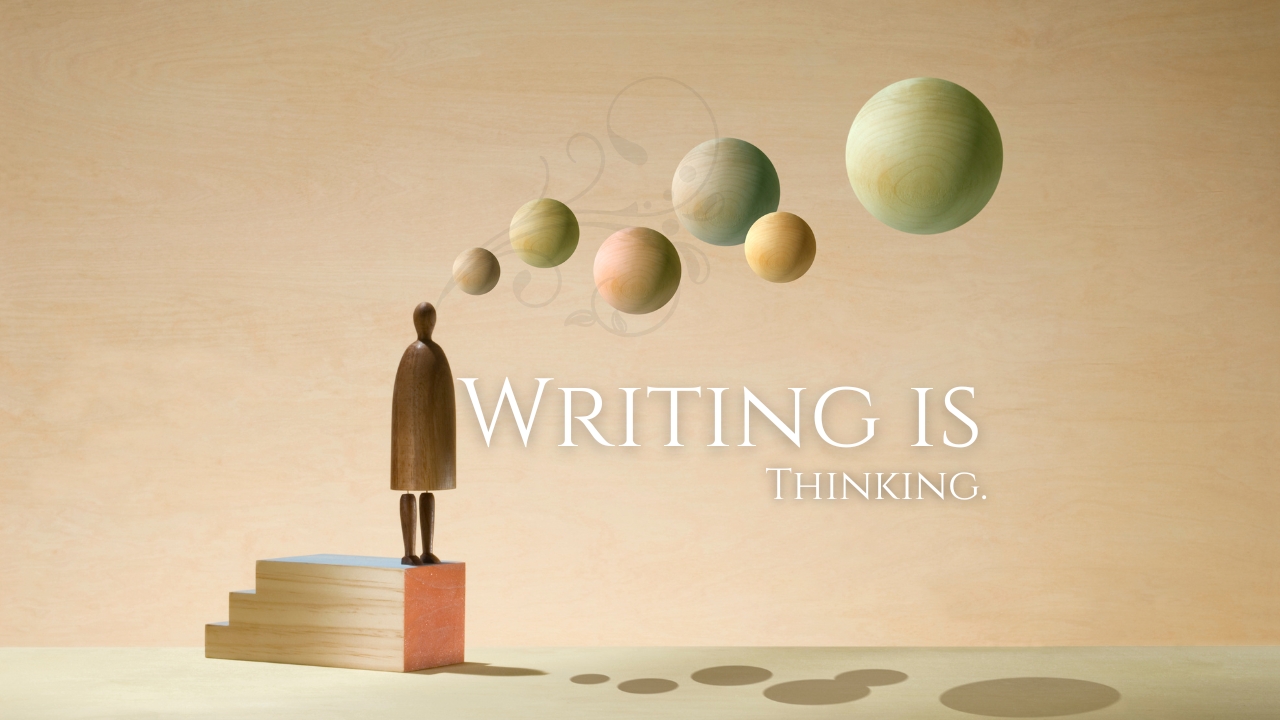Human-generated scientific writing is thinking. It is far more than just reporting results; it’s an integral part of the scientific method, fostering critical thinking and communication. In the era of Large Language Models (LLMs), understanding the distinct value of human authorship in research is more crucial than ever.
Key Takeaways
- Human-generated scientific writing is essential for new thoughts, insights, and the deep, often non-linear, process of discovery.
- LLMs are useful tools for basic tasks like grammar checks or drafting simple text, but they lack true understanding or the ability to generate novel ideas.
- The use of LLMs in scientific writing raises concerns about plagiarism, reproducibility, and the ethical responsibility of authors.
- Retaining human oversight ensures accountability, originality, and the integrity of scientific communication.
- The process of writing itself helps researchers organize thoughts, uncover new connections, and develop a deeper understanding of their subject.
Table of Contents
Beyond Automation: The Essence of Scientific Writing
Scientific writing is a fundamental part of the scientific method. It’s not just about listing facts or presenting data; it’s a dynamic process that helps researchers organize their thoughts, uncover new insights, and refine their understanding. This deep engagement with the subject matter is what makes human-generated scientific writing so valuable.
In this complex, often non-linear process, writers move between different ideas, data, and observations. They identify connections, structure arguments, and articulate novel thoughts that might not have emerged without the act of writing itself. This “writing is thinking” approach is central to producing truly innovative and impactful research. Read more on AI Ethics here.
The Role of Large Language Models (LLMs)
Large Language Models (LLMs) like ChatGPT are advanced AI systems that can generate human-like text. They are becoming increasingly common and can be valuable tools for certain aspects of writing. For instance, an LLM might help with:
- Grammar and spelling checks: Catching errors that a human might miss.
- Basic text generation: Drafting routine parts of a manuscript or summarizing existing information.
- Brainstorming outlines: Providing structural suggestions for an article.
However, LLMs operate by predicting the next most probable word based on the data they were trained on. They don’t understand the content, think critically, or generate genuinely new scientific ideas. They lack the capacity for original thought, which is a cornerstone of scientific discovery.
“This is a call to continue recognizing the importance of human-generated scientific writing.”
The Challenges Posed by LLMs
While LLMs offer convenience, their use in scientific writing presents significant challenges and ethical dilemmas:
- Lack of Originality: LLMs cannot produce truly novel scientific insights or arguments. They are adept at synthesizing existing information, but this is distinct from genuine intellectual contribution.
- Plagiarism and Attribution: Using LLM-generated text raises questions about who is the true author and how to attribute contributions. The output might inadvertently borrow too heavily from existing sources without proper citation.
- Reproducibility: If LLMs are used to generate parts of a paper, ensuring the reproducibility of the methods or the scientific reasoning can become complicated.
- Accountability: If an LLM introduces errors or biases, who is responsible? The scientist must bear ultimate accountability for the content and accuracy of their work.
For these reasons, many publishers and scientific communities are emphasizing that manuscripts must truly reflect human-generated scientific writing. This means the core ideas, analysis, and interpretation must come from the human authors.
Upholding the Integrity of Human-Generated Scientific Writing
To maintain the quality and integrity of scientific communication, it’s vital to:
- Emphasize Human Authorship: Clearly state that the work’s intellectual content, including critical analysis and novel insights, is the product of human authors.
- Use LLMs Responsibly: If LLMs are used as tools (e.g., for grammar checks or language refinement), their role should be acknowledged, much like other software. They should not be listed as authors.
- Prioritize Thinking Through Writing: Recognize that the act of writing itself is a crucial part of the research process—a tool for discovery, not just a means of reporting.
- Promote Accountability: Ensure that human researchers remain fully accountable for the accuracy, ethics, and originality of their published work.
As AI evolves, the distinction between human creativity and algorithmic generation will become increasingly important in scientific research and its dissemination. The unique ability of human-generated scientific writing to convey deep thought, nuanced insights, and true originality remains irreplaceable.
Source: https://www.nature.com/articles/s44222-025-00323-4
Frequently Asked Questions (FAQ)
Can LLMs be listed as authors on a scientific paper?
No, leading scientific journals and organizations generally agree that LLMs or other AI tools cannot be listed as authors. Authorship implies responsibility and accountability for the work, which AI models cannot fulfill. Their use should be acknowledged in the methods or acknowledgments section.
What is the main benefit of human-generated scientific writing over AI-generated text?
The primary benefit is the capacity for original thought, critical analysis, and the generation of new insights. Humans engage in a “writing is thinking” process that leads to discovery, nuanced argumentation, and intellectual creativity that LLMs, which operate on pattern recognition, cannot replicate.
How can researchers ensure the ethical use of AI tools in their writing?
Researchers should use AI tools transparently, only for tasks that assist rather than replace core intellectual contributions. They must meticulously verify any AI-generated content for accuracy and originality, and always ensure they maintain full accountability for the integrity and ethical implications of their published work.
- Top 6 Best Property Management Accounting Platforms For Small Landlords
- 12 Surprising AI Tools That Actually Make You Money (or Save You Time)
- Sam Altman Career Advice 2025
- AI frontrunners bottlenecks: 3 Alarming Challenges Facing Tech Leaders
- Beginner’s guide to automating business processes with AI

